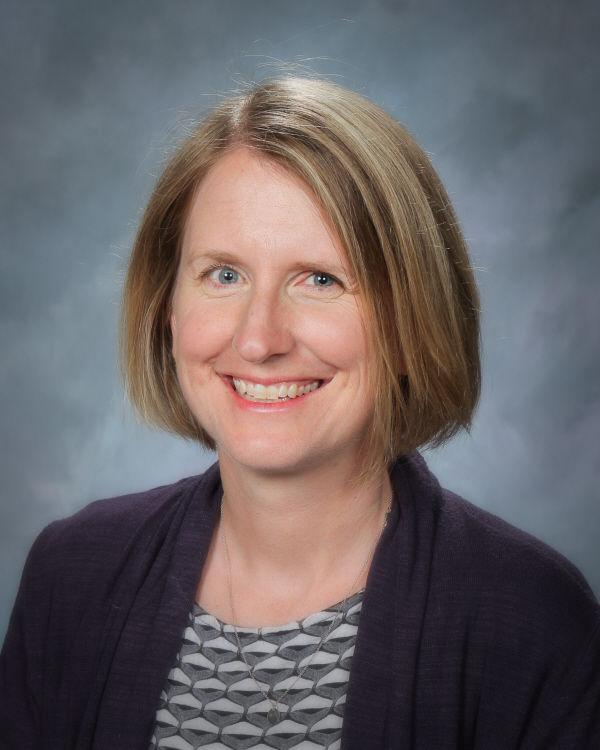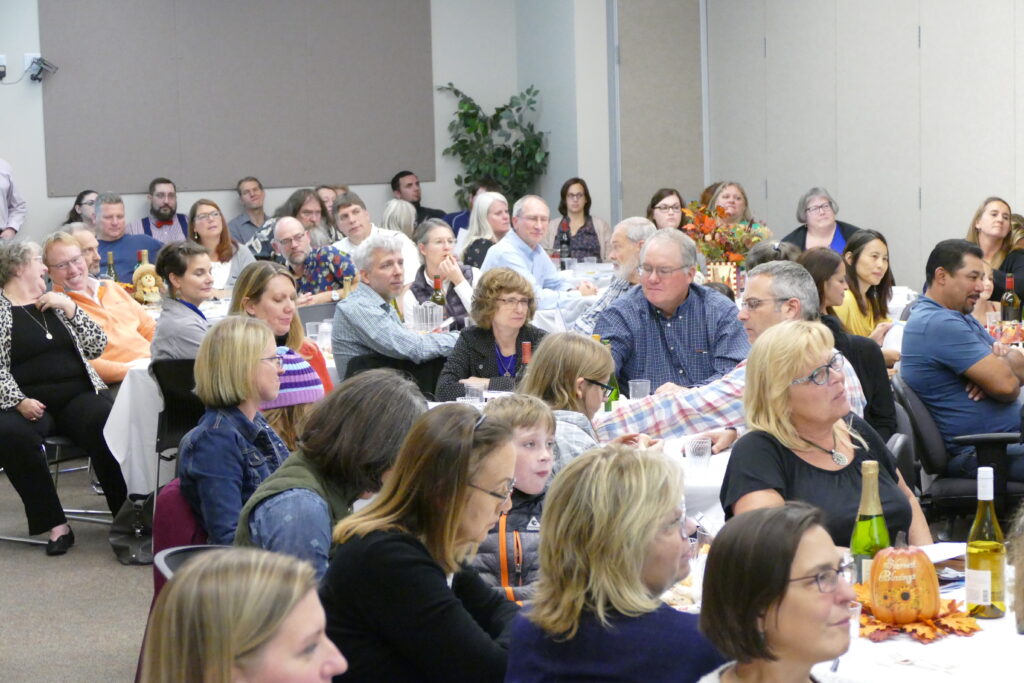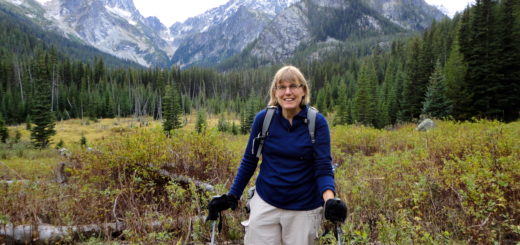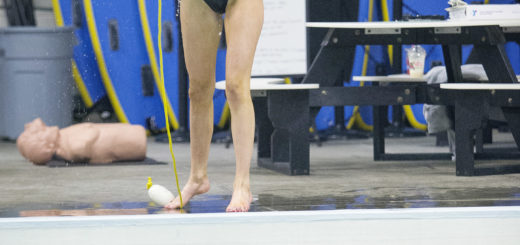Regional teacher of the year Malia Renner-Singer lauds impact of local teacher grant program
When you empower a teacher, allowing them to do something in a new and creative way that they couldn’t do without those resources, you’re not just changing the classroom, you’re also changing the community, and that’s beautiful.
Malia Renner-Singer, 2020 North Central Regional Teacher of the Year
Malia Renner-Singer, the 2020 Regional Teacher of the Year for the North Central Education Service District, has some powerful insights about the impact of teachers in our communities.

Renner-Singer, who teaches at Cascade High School, spoke last week at a North Central Education Foundation reception honoring the teachers who received classroom grants for hands-on learning projects. The foundation, the philanthropic arm of the ESD, set new records for both the number of grants awarded (147) and the total amount of funds distributed (in excess of $40,000).

“When you empower a teacher, allowing them to do something in a new and creative way that they couldn’t do without those resources, you’re not just changing the classroom, you’re also changing the community, and that’s beautiful,” said Renner-Singer.
Our schools are incredibly complex organizations, she said. Besides being places of teaching and learning, our schools provide social services, transportation systems, kitchens to feed hungry children, gymnasiums and stages for the performing arts.
“Whatever the social and economic dynamics of the community, you’ll see that in your school,” she continued. When we help our schools, we help our communities.
No one knows these realities better than teachers, who are on the front lines dealing with all of the complexities that affect the lives of students. The challenges of today’s classrooms are radically different from thirty or forty years ago. For example, the integration of special needs kids, students who are learning English as a second language are challenges for teachers and school districts. Another significant challenge is the amount of toxic stress affecting kids and disrupting their learning. Things like witnessing domestic violence, divorce, homelessness, food insecurity and other stressors have a significant impact on the ability of our kids to learn.
Making that human connection with stressed kids is essential before meaningful learning can happen in the classroom.
Every great teacher I have known, and this region is filled with them, is highly attuned to making a meaningful connection with each student. Standardized test scores and report cards ignore the importance of these basic human interactions between students and teachers.
As Albert Einstein once observed, “not everything that counts can be counted, and not everything that can be counted counts.”
The North Central Education Foundation’s teacher grant program seeks to support efforts to foster these connections. In recognition of this growing need in our schools, the foundation added social-emotional learning as a new category of teacher grant this year. Other categories include music and arts, STEAM (science, technology, engineering, arts and math), literacy, college preparation and financial education. The program supports the region’s most innovative teachers.
There are forty classroom grants that can still be adopted by community members. If you are interested, you can check out a brief listing of the projects at the web site: http://www.ncesd.org/about-us/north-central-education-foundation/grants/adopt-a-grant/
The foundation is supported by donors like North Cascades Bank, the Community Foundation of North Central Washington, the Young Adult Consumer Education Trust, Clear Risk Solutions, Plan Member Services, Confluence Health, the Woods Family Music and Arts Fund and a group of individual supporters.
Renner-Singer talked about using her first NCEF grant to purchase a simple thing like expandable folders for her college readiness students in the AVID (Advance Via Individual Determination) program. Using those folders helped them organize their financial aid and other documents and it generated thousands of dollars in scholarships for those students.
Renner-Singer pointed out the virtuous circle of these kinds of community investments. It begins with community donations, becomes grants that go to teachers, then impacts student learning and the result is a stronger community.
We ought to take every opportunity to support teachers in doing work that impacts kids and our communities for a lifetime.



